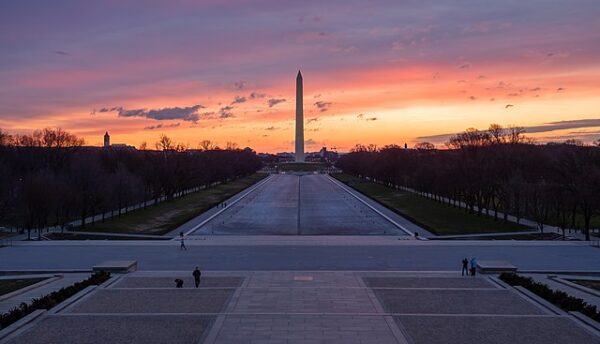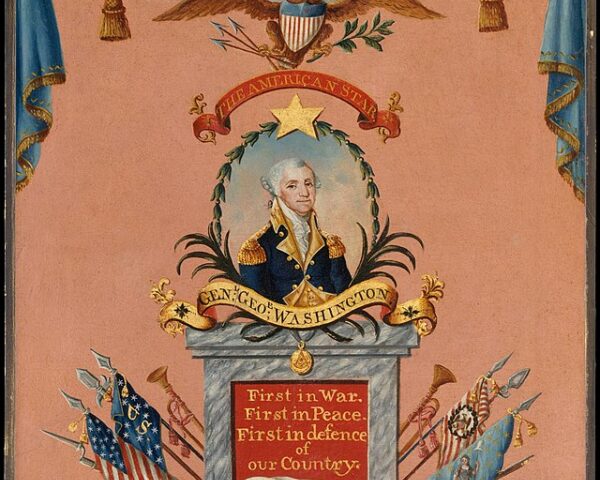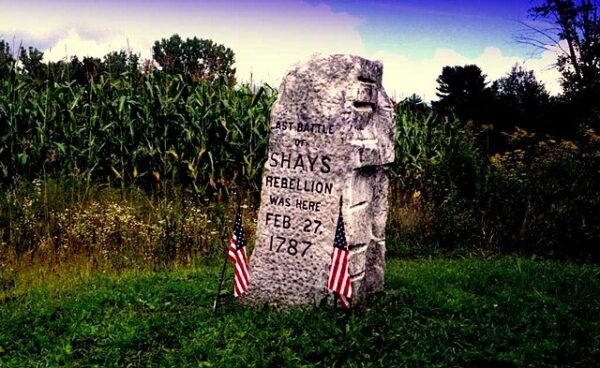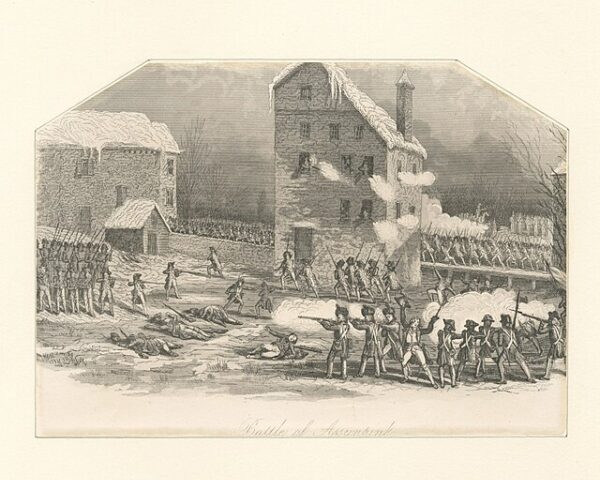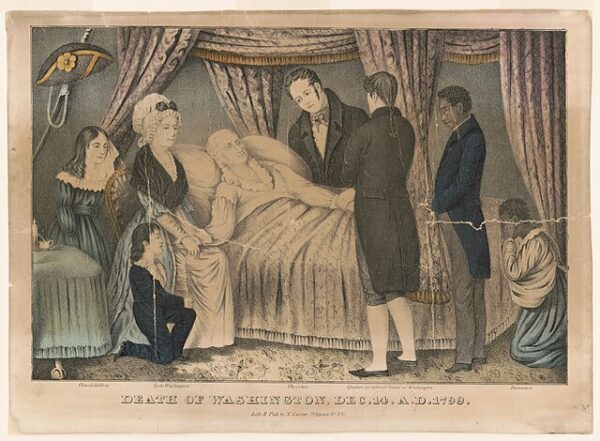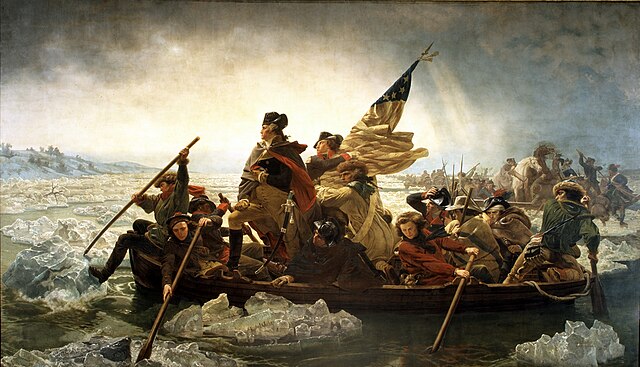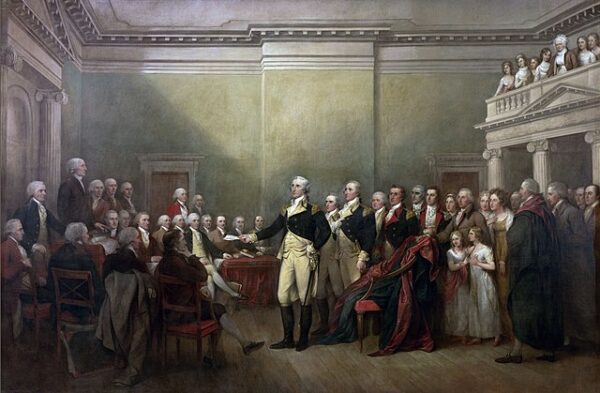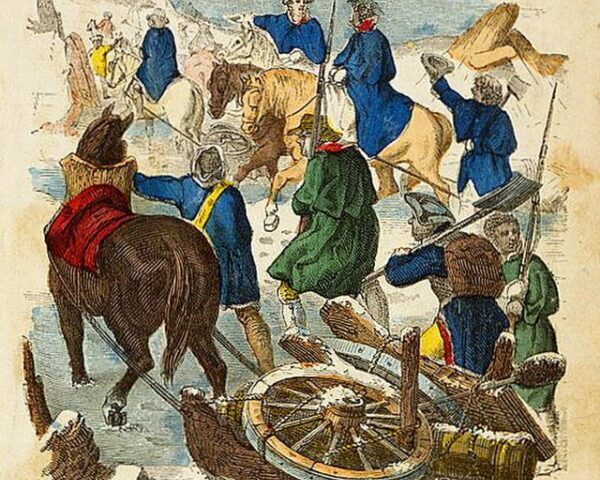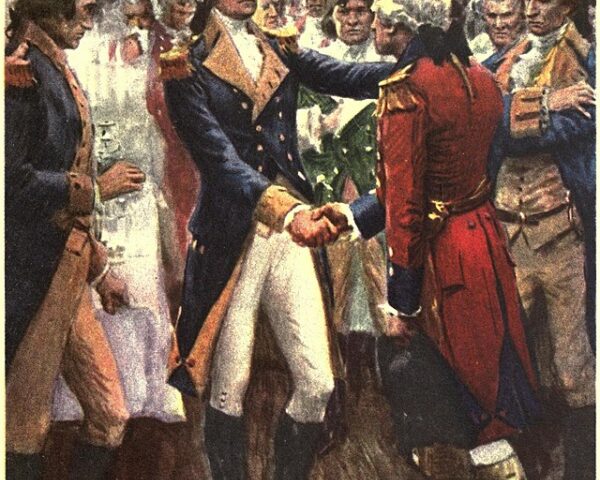The Washington Monument stands proudly on the National Mall in Washington, D.C., a towering tribute to the nation’s first president, George Washington. Its dedication, a momentous occasion in American history, marked the culmination of years of planning, fundraising, and construction. The monument’s dedication on…
Read MoreOn February 4, 1789, George Washington unanimously won the Electoral College, becoming the first winner of a presidential election. Washington’s reluctance to assume the presidency further solidified his image as a leader of virtue and selflessness and, in many ways, contributed to the unanimity.…
Read MoreIn January 1787, the future of the United States of America and its newly-formed nation appeared to be unraveling at the seams when hundreds of Revolutionary War veterans launched an insurrection. The rebellion took place in western Massachusetts during 1786 and 1787, led by…
Read MoreOn January 2, 1777, at a narrow stream just south of Trenton, New Jersey, the American Revolution reached one of its most psychologically decisive moments. There, American forces under the command of George Washington successfully repulsed repeated British assaults led by Charles Cornwallis at…
Read MoreProspect Hill in Charlestown, Massachusetts, holds historical significance as the site where the Grand Union Flag was raised on January 1, 1776, symbolizing a crucial turning point in the American Revolution. Often regarded as the first national flag of the United States, it embodied…
Read MoreOn December 26, 1799, just ten days after the death of George Washington, the United States Congress convened in solemn session to honor the man whose life had become inseparable from the nation’s founding. It was there that Henry Lee III—Revolutionary War cavalry commander,…
Read MoreWashington Crossing the Delaware is an iconic moment in American history that took place during the American Revolutionary War on the night of December 25-26, 1776. Leading the Continental Army, General George Washington orchestrated a daring and strategic crossing of the ice-filled Delaware River…
Read MoreOne day near the end of the Revolutionary War, the King of England and his royal painter, Benjamin West, born in Pennsylvania, were discussing what was happening in America. The King asked West what George Washington would do were America to be declared independent.…
Read MoreDuring the winter of 1775-1776, General George Washington faced a dire need for artillery to break the British siege of Boston. That’s when Brigadier General Henry Knox, Washington’s Chief of Artillery, proposed a daring plan to transported “the guns of Ticonderoga” to Beantown, covering…
Read MoreOn December 4, 1783, General George Washington stood before his officers at Fraunces Tavern in New York City to bid them farewell. The event marked the end of the American Revolutionary War and symbolized the transition from a nation in conflict to one embarking…
Read More

